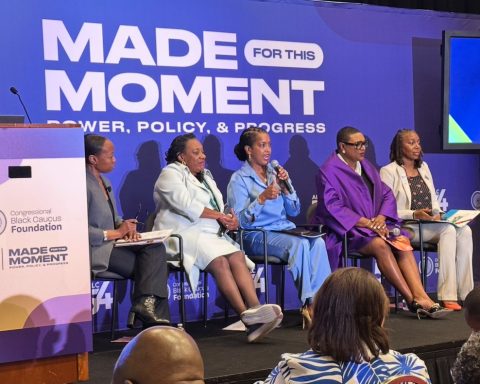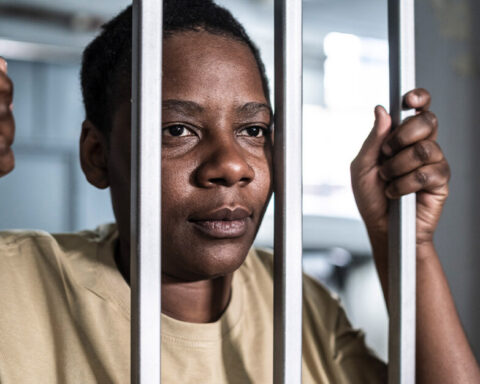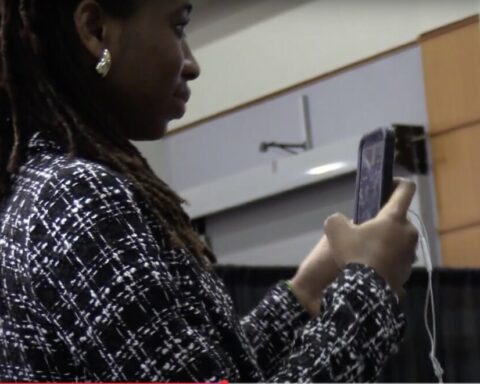The U.S. Supreme Court will hear arguments on Tuesday in a case testing whether Colorado can prohibit licensed counselors from engaging in certain discussions with minors about sexuality and gender identity.
Kaley Chiles, a counselor from Colorado Springs, filed the lawsuit Chiles v. Salazar. She says Colorado’s Minor Conversion Therapy Law, which bans “conversion therapy” for minors, restricts her free speech and infringes on her religious beliefs.
Conversion therapy refers to efforts by licensed professionals to change a person’s sexual orientation or gender identity, practices that are widely discredited by major medical and mental health organizations as harmful.
Chiles, represented by Alliance Defending Freedom, a Christian non-profit legal organization, argues that her talk therapy is voluntary and faith-based, and that Colorado’s law steers “young, vulnerable kids down a path that leads to harmful, irreversible drugs and surgeries.”
Alliance Defending Freedom also claims the government “has no business forcing itself into these conversations.”
The U.S. Court of Appeals for the 10th Circuit upheld the statute in 2024 after Chiles sought a preliminary injunction, ruling that Colorado is entitled to regulate professional conduct to protect minors.
Colorado officials defended the law as a child-protection measure. They cited medical and psychological associations that have condemned conversion practices.
Dr. Judith Glassgold, a licensed psychologist and lecturer at Rutgers University who specializes in LGBTQ psychotherapy, supported the officials’ defense and described several studies documenting the harm of conversion therapy.
“The scientific research and professional consensus is that conversion therapy is ineffective and poses the risk of harm,” Glassgold explained.
“Those who reported undergoing [conversion therapy] efforts were more than twice as likely to report having attempted suicide and having multiple suicide attempts,” Glassgold’s research further revealed.
The justices’ decision could affect similar laws in more than 20 states.
Bri Outlaw is a reporter for HUNewsService.com.











